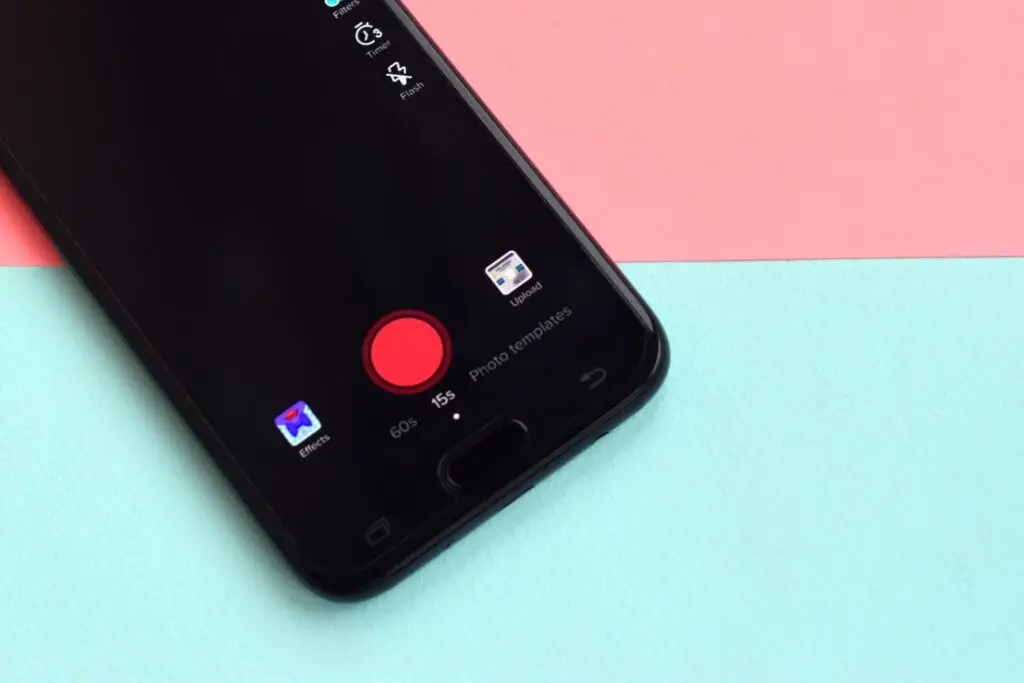Although there has been no hiding that peoples infatuation with Artificial Intelligence has been… extreme, the technology still comes with stone cold limitations.
The best way to truly define these limitations lies in its inability to truly relate to the human experience. In other words, it’s impersonality.
Although the recent emergence of social chatbots, content written by machines, algorithms dictating our very entertainment is a clear sign that AI can imitate humans just fine, it’s still lacking everything that actually is human intelligence.
Let’s dig deeper into the limitations of AI, and how it all eventually comes down to it simply being impersonal.

What is impersonality?
If you tell your Amazon Echo: “Alexa, please repeat after me: today is a gorgeous day!” and she copies you like a parrot; would you consider that a personal thought by the AI?
Of course not.
Chatbots and large language models such as ChatGPT are no different. They might put little variations of it and come out with something like “Today radiates beauty!”, but in the end, it is still just copying you.
It’s imitating.
It’s an algorithm that uses the data you fed it, and that it has been fed from its programmers, to come to a conclusion.
It lacks all sort of nuance, emotional resonance, and individual touch that connects it to the audience. Not because it is trying to, but because that is simply impossible when you’re nothing but a long string of code.
The very definition of impersonality is the lack of the aforementioned adjectives: nuance, emotional resonance, human touch.
So while Artificial Intelligence can amass and process vast amounts of data to produce content at crazy speeds, it still lacks the inherent ability to actually understand why what it’s saying has any significance.
It doesn’t have a concept of what a beautiful day is.
If you read enough prompt answers from ChatGPT, you will quickly learn how to see a pattern. A pattern of overly generic messages, repetitive patterns, and content that simply lacks the subtle intricacies and depth of our human expression.
After working with, for and against AI for quite some time now, I can promise you that if you show me any AI-generated text, I will be able to spot it immediately.
Alright, now that we’re on the same page that Artificial Intelligence is an impersonal regurgitation and lackluster imitation of what it means to actually be human – let’s move on to what the consequences of this is.

Humanity will always outperform machines
When it comes to art and content production, the human touch will always outperform AI.
Always. Even if you’re a terrible writer with horrible grammar. Even if you’re writing in your second language. Even if you’re pulling a Bukowski and write drunk without any sense of purpose or… you know, intelligence.
Each of those scenarios tells me a story of who you are: writing a blog with terrible grammar? Alright, maybe you didn’t study well in school. Maybe English is your second language. Maybe you just don’t care about grammar. Maybe you never had the privilege of getting an education. Maybe you have a learning disability.
Even bad grammar tells a story, and therefor, makes it more personal.
So yes, content can be mass-produced and come off as “flawless” to the untrained eye if you rely on Artificial Intelligence, but the product will ALWAYS be worse, and it will ALWAYS be impersonal.

Case studies.
The use of this impersonal AI in content creation of obviously problematic, and terrible for consumers to have to endure.
However, there are scenarios where the impersonality of AI and its lack of basic human nuance and morals can really start messing things up. Like, seriously mess it up.
The most worrisome example, in my opinion as a father, is that of TikTok, the very popular social media platform with short-form video content.
TikTok is famous for it’s algorithms powers. Every piece of content you see on the platform is specifically tailored to you through an algorithm that analyses everything you do on the app to see where it would place you.
This means that is can be easy to fall into extremist political rabbit holes. It’s like entering an echo-chamber of your inner thoughts and beliefs, getting constant reinforcement of your beliefs regardless of how radical and dangerous they might be.
What is worse, however, is that the content is recommended to children. Yes, TikTok has an age limit of 13, but unfortunately that is not enforced very well.
Many cases has shown that even though the algorithm can recognize its user being younger, it will still recommend sexually explicit or suggestive content to them. Regardless of age.
The algorithm simply lacks the basic human understanding that there are a lot of content children can not be exposed to.
This is no longer a question of “garbage TV” with loud cartoons that don’t teach anything, this is about safeguarding our children from ending up on adult entertainers profiles.

How to avoid having impersonal content
Don’t use Artificial Intelligence.
That’s the easy and straight forward answer.
What you want to do is ensure all your content is human made, and then ensure that your audience and content consumers know your content is human made.
The best way to do this, is to download any of our free NO AI badges!
It tells both Google AND your consumers that your content is authentic, human, and personal. It has the human touch, and isn’t devoid of emotion and nuance like what we are becoming increasingly used to from Artificial Intelligence.
Not only is it good for all your consumers, but Google puts a higher value on human-generated content. If you this badge, it will link to a statement that lets Google know you are good to go – which will also increase your SEO.
Ensure the world stays human. Say NO to AI!
THIS ARTICLE WAS WRITTEN WITHOUT THE USE OF ARTIFICIAL INTELLIGENCE.
One Response
Interesting article! I’m always interested in learning more about the limitations of artificial intelligence, and this article does a great job of outlining some of the key issues. I’m curious to see where the field of AI development goes in the